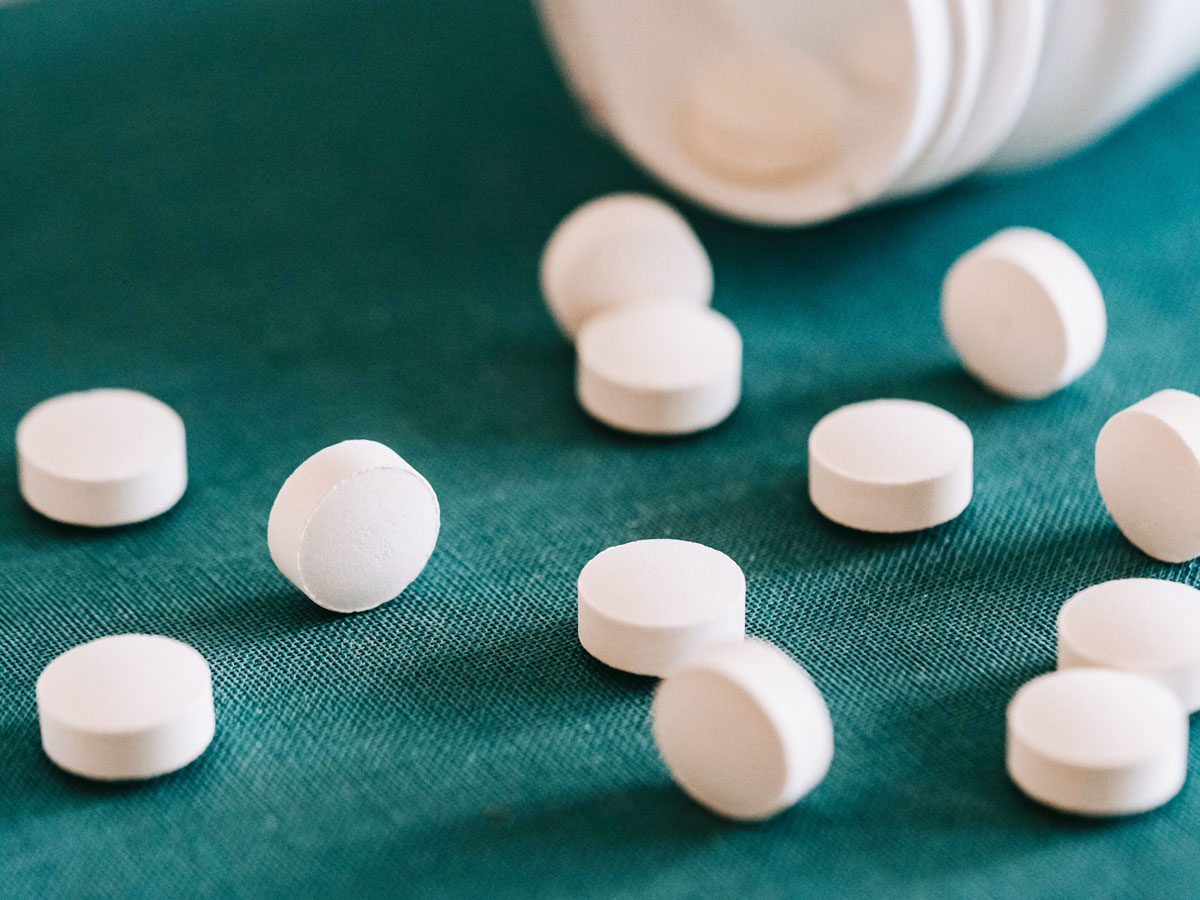
More than 1/3rd of Americans, or 66% of all adults, or 131 million people, take at least one prescription medication. Americans spend some $73 billion on prescription drugs annually, and that’s often with the expectation that those drugs will improve our health, reduce symptoms, and improve our quality of life. Unfortunately for many, prescription drugs don’t work the same for everyone and many can be habit forming and addictive. In fact, while awareness of the addictive potential of pain pills and opioids is on the rise, prescription opioid usage is still one of the leading causes of moving on to street drugs like heroin. If you or a loved one is being prescribed a medication, you don’t have to worry. Talk to your doctor, request a Risk Evaluation and Management Strategy (REMS), and go in for your checkups.
As long as you use the prescription medication as directed, you shouldn’t have problems with the drug. However, it’s important to have those discussions, to understand your risks, and to understand how prescription drugs can impact your health and your mental health.
Many drugs can be habit forming or dependence inducing, meaning they are “addictive”. However, the following are the most addictive prescription medications.
Opioids
Opioids are the most well-known class of prescription painkillers. These drugs all work in similar ways, by binding to the opiate receptors in the brain. In small doses, they can reduce your perception of pain and create a calming or sedative effect. In high doses, they can create euphoria and intense highs that can be extremely addictive. For many people, opioids are the most addictive drug. In fact, fentanyl, an extremely strong opioid, is one of the most addictive in the world, and also takes part in some 70% of all opioid overdoses.
Common opioids include:
- Oxycodone (OxyContin, Percocet)
- Codeine
- Fentanyl
- Meperidine (Demerol)

Each of these drugs has different properties and strengths. However, all of them work in the same way. All of them also cause euphoria when taking large doses. And, people abusing these drugs normally start to show long-term cold and flu symptoms, stomach problems, lethargy or drops in energy, and increased “seeking behavior”. Here, individuals think about, use, or spend time acquiring drugs for a significant portion of their day, their behavior changes, and they may prioritize drugs over anything else.
Once someone is physically dependent on an opioid medication, getting off of it will require a withdrawal phase. That can mean up to 2 weeks of severe cold and flu symptoms, anxiety, and depression, which can interfere with normal life and responsibilities. For this reason, many people using pain pills end up continuing to use them to avoid withdrawal symptoms, despite no longer needing them for pain management.
However, if you receive an opioid medication, you’ll likely only have it for a few weeks. Doctors are increasingly aware of the dangers of opioid addiction and will therefore normally take large steps to ensure you are safe while you receive your prescription.
Get Your Questions Answered
Our expert & caring staff on site are available 24/7. Call us today.
Benzodiazepines

Benzodiazepines are a class of central nervous system suppressants used to treat anxiety, panic attacks, and the symptoms of PTSD. Previously, they were also used for sleep issues. Today, some 30.5 million people have a prescription or use benzos illicitly. However, 17.1% of all people with a benzodiazepine prescription misuse them and a further 2% qualify as having a drug use disorder.
Benzodiazepines include:
- Diazepam (Valium)
- Lorazepam (Ativan)
- Clonazepam (Klonopin)
- Alprazolam (Xanax)
- Midazolam (Versed)
Today, most doctors won’t prescribe these drugs without a co-occurring therapy requirement. It’s also unlikely that you’ll receive a prescription for longer than 5 weeks. However, many people have had benzodiazepine prescriptions for years.
Unfortunately, these drugs are highly addictive and can cause significant psychological reliance, where users might work themselves into panic attacks because they don’t have the drug in case something goes wrong.
In addition, many people experience significant withdrawal symptoms while trying to quit benzos. Often, the only safe way to get off of them is to slowly taper usage over the course of a few weeks or months. If you go cold turkey on a benzodiazepine, chances of severe symptoms like seizures are high. For this reason, it’s not recommended to quit benzodiazepines without medical supervision,
Sedatives
Sedatives or prescription sleeping pills include several classes of drugs but most of them have similar effects and a similar addiction profile. Often, these drugs are prescribed for the short term, alongside a REMS, and alongside therapy that is intended to resolve the root of the problem rather than symptoms. However, some people have been on sleeping pill prescriptions for decades. Today, we know that these drugs are addictive and dependence inducing. But, if you’ve been on one for some time, chances of dependence and possible addiction are high.
Common sleeping pills include:
- Zolpidem (Ambien, Zolpimist, Edluar)
- Zaleplon (Sonata)
- Triazolam (Halcion)
- Temazepam (Restoril)
- Ramelteon (Rozerem)
- Eszopiclone (Lunesta)
- Doxepin (Silenor)
All of these drugs are dependence inducing. In addition, like benzos, you should not stop most of these drugs cold turkey. Instead, they should be tapered off to avoid causing major symptoms such as seizures and major paranoia. For this reason, it’s always a good idea to consult with a doctor before quitting a sleeping medication or sedative.
Amphetamines
Amphetamines are most-famous for street drugs like methamphetamine. However, they also make up a large selection of prescription medications including ADD and ADHD treatments like Ritalin, Concerta, and Adderall.
- Adderall (Myadayis)
- Methylphenidate (Concerta, Ritalin)
However, these amphetamines are rarely severely habit forming. Instead, most people will never have problems. At the same time, heavy abuse, especially in combination with other drugs or alcohol, can cause significant.
Getting Help
If you or a loved one is struggling with a prescription medicine, there is help. The first step should normally be to go to your doctor, who can offer insight into your prescription use, where it went wrong, and what the next steps should be. Depending on your specific case, you may benefit from therapy, tapering off the drug, or rehab and drug abuse treatment. However, in most cases, if you’re compulsively using a drug, you’ll need therapy and treatment to help you resolve the underlying causes – or your risk of relapse or changing to a different drug will remain high.Prescription medications can be dangerous.

However, they can also be lifesaving. Following the prescription, avoiding mixing drugs, and stopping drug usage when you no longer need it can all help you to stay safe when using prescription medication. However, you should always discuss your plans and their safety with your doctor before changing how you use or take a prescription medication.
If you or your loved-one struggles from substance abuse please contact us today and speak with one of our experienced and professional intake advisors about our detox, and residential treatment programs. We’re here to help you recover.






